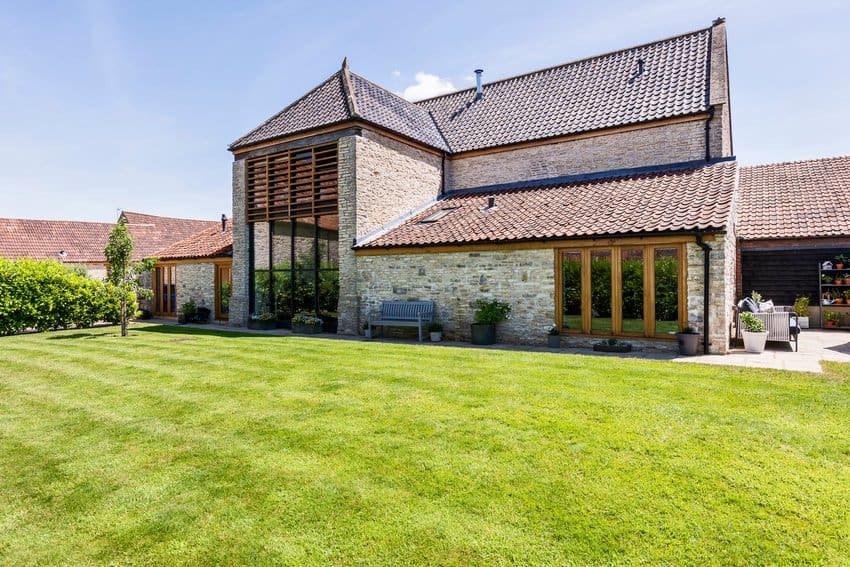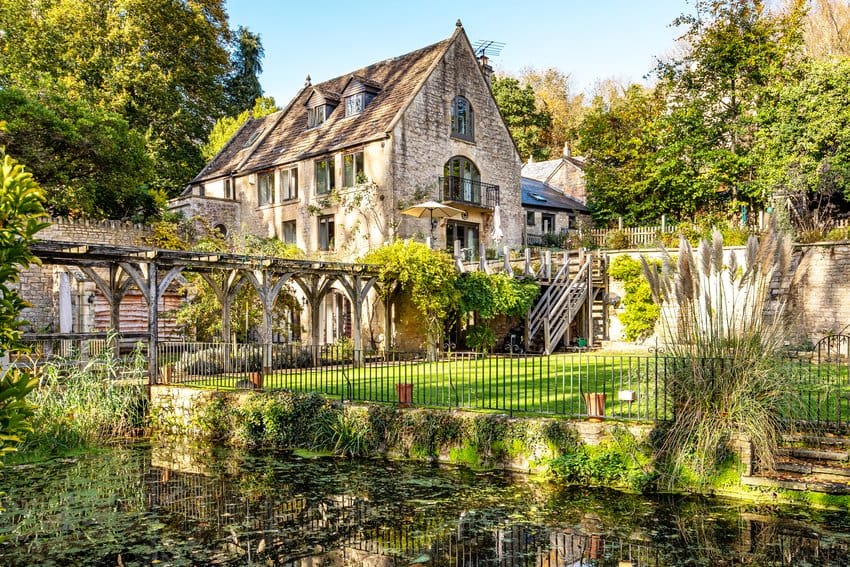The UK housing crisis is one of the biggest challenges we face as a nation because there simply aren’t enough affordable homes available for everyone.
According to the Centre for Cities, “Britain has a backlog of millions of homes that are missing from the housing market. Building these homes is key to solving the nation’s housing crisis.”
For that reason, all the main political parties included commitments to increase the housing supply in England in their 2019 Election Manifestos. While acknowledging that there would be numerous challenges, the current Conservative Government pledged to build 300,000 new homes per year by the mid-2020s.
However, this sadly hasn’t yet happened due to a combination of factors and obstacles. Only 233,000 new homes were supplied in 2021/2022, according to UK government figures, falling almost 30% short of their target.
This is mainly because of the numerous complications that prevent this from happening as quickly and effectively as intended. One key factor is the UK planning system.
In this article, we’ll be discussing the UK housing crisis, how it affects individuals and property developers, what could be wrong with the UK planning system and what we can do about it.
What is the problem with the current UK planning system?
According to the UK government, the UK’s ability to combat the housing crisis is being ‘artificially constrained by a relic from the middle of the 20th century’, because of the ‘outdated and ineffective planning system’.
This is especially the case where new developments and housing are most needed with tens of thousands of potential housing currently awaiting approval from the planning authorities. Critics say the system is slow, bureaucratic, inefficient and outdated and little is being done to solve the problem.
Whether this is true or not, one thing is clear. If developers and individuals don’t receive a timely decision on their application for planning permission, new homes can’t be built and properties cannot be altered.
Here are some of the potential factors that could be addressed to make the planning system more efficient and ensure we can build the new homes that are so desperately needed across the UK.
1. Long and complicated process
The UK planning system is complex and requires extensive documentation, consultation and negotiation. This means that the process can take several years, making it more expensive, stressful and challenging for developers and individuals to get the planning permission they need.
As a result, fewer houses are being built to combat the UK housing crisis and property prices remain high, making it harder for families and individuals to get onto the property ladder.
2. Too restrictive
Some believe that the UK planning system is far too restrictive and outdated which prevents developers and individuals from building new homes, especially where the demand is highest.
The Town and Country Planning Act of 1947 remains unnecessarily rigid by global standards, putting restrictions on various factors such as the height of a building or its proximity to ‘green belts’.
Whether or not this is truly a factor deserves further discussion. However, given the fact that this act is now 75 years old, a review and update of the act to meet the demands of the 21st century would clearly be a smart move by the planning authorities.
3. The desire to protect Green Belt land
Green Belt land is the area of green space between towns, or towns and the countryside and plays an important role in preventing urban sprawl, providing vital habitat to wildlife, offering areas for forestry and agriculture and promoting sustainability.
It’s no wonder that we have long tried to protect these 14 green belts in England, especially with the growing awareness of sustainability and the importance of protecting our planet. In fact, The National Planning Policy Framework (NPPF) contains specific references to green belts and how important they are.
While our team here at Cobb Farr do believe that we should protect this natural biodiversity, this could make it even harder to tackle the UK housing crisis and for developers to build these new homes that we so urgently need.
4. Public opinion
Finally, getting planning permission for a new build is even more challenging when met with local resistance.
Although we understand the desperate need for these developments, many take a ‘not in my backyard’ (NIMBY) approach and will object to many proposals, despite the clear benefits.
Summary: What can we do to solve the UK housing crisis?
When it comes to solving the UK housing crisis, opinion is divided and we could write an entire book covering the different sides of the debate.
The UK government plans to reform the town planning system so that it can streamline the planning permission process and ensure more homes are built. Some say this will further delay the government meeting its targets or even further complicate the system.
Others believe that simply reducing bureaucracy, improving the speed and efficiency of decision-making, providing more resources to developers and removing barriers could make a huge difference.
Solving the UK housing crisis was never going to be a straightforward job, given the numerous factors involved. But if we can improve the UK planning system and make it easier for individuals and developers to invest in the UK property market, we can ensure that everyone has a roof over their heads.


